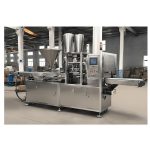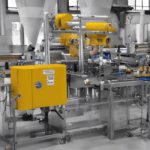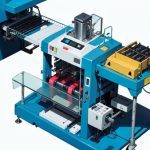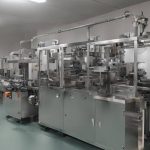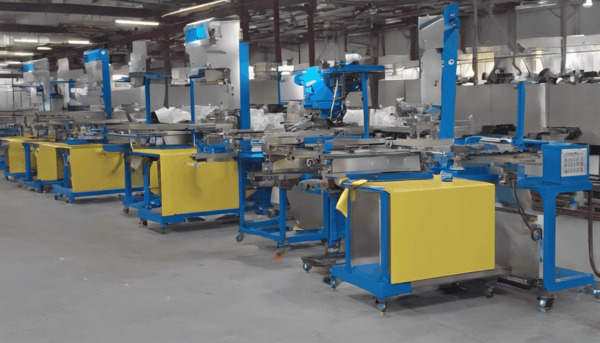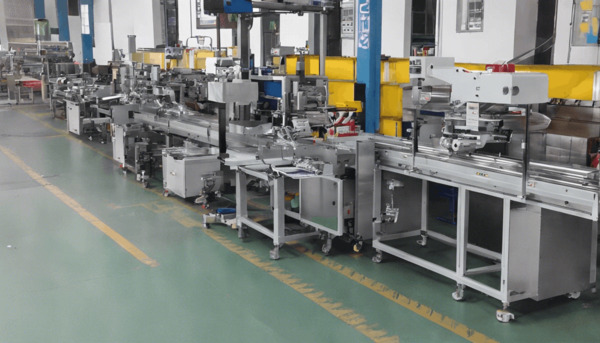
Understanding the Price of Sealing Machine Temperature Controllers
Sealing machines are essential in various industries, particularly in packaging, where they are used to seal products to ensure freshness, prevent contamination, and enhance shelf life. A critical component of these machines is the temperature controller, which regulates the heat applied during the sealing process. The price of a sealing machine temperature controller can vary widely based on several factors, including the type of controller, its features, brand, and the market in which it is sold.
Factors Influencing the Price
1. **Type of Temperature Controller**: There are various types of temperature controllers used in sealing machines, including analog, digital, and programmable logic controllers (PLCs). Analog controllers are generally less expensive but offer limited precision and features compared to digital and PLC controllers, which provide more accurate temperature control and additional functionalities such as data logging and remote monitoring.
2. **Features and Specifications**: The price is also influenced by the features and specifications of the temperature controller. Advanced controllers with features such as multi-zone control, high precision, user-friendly interfaces, and connectivity options (e.g., Ethernet, USB) tend to be more expensive. Controllers that can handle a wide range of temperatures or have faster response times may also command higher prices.
3. **Brand and Manufacturer**: The brand and manufacturer of the temperature controller can significantly impact the price. Well-known brands with a reputation for quality and reliability may charge a premium for their products. Additionally, manufacturers that offer extensive customer support, warranties, and after-sales service may also price their controllers higher.
4. **Market and Region**: The market and region where the temperature controller is sold can affect its price. Factors such as import duties, taxes, and local demand can lead to price variations. For instance, a controller might be more expensive in regions with high import taxes or in markets where there is less competition.
Typical Price Range
The price of sealing machine temperature controllers can range from as low as $50 for basic analog models to several thousand dollars for advanced digital or PLC models with extensive features. On average, a mid-range digital temperature controller might cost between $200 and $500, depending on the features and brand.
For industrial applications requiring high precision and reliability, investing in a higher-end controller can be justified by the potential for improved efficiency, reduced waste, and better product quality. Conversely, for simpler applications, a basic controller might suffice, offering a cost-effective solution without unnecessary features.
Considerations When Purchasing
When purchasing a temperature controller for a sealing machine, it’s essential to consider the specific requirements of your application. Key considerations include:
– **Temperature Range**: Ensure the controller can handle the temperature range required for your sealing process.
– **Accuracy and Precision**: Depending on the sensitivity of your application, you may need a controller with high accuracy and precision.
– **Ease of Use**: Consider controllers with user-friendly interfaces and easy-to-read displays, especially if operators will need to adjust settings frequently.
– **Integration and Connectivity**: If you need to integrate the controller with other systems or require remote monitoring, look for models with appropriate connectivity options.
– **Reliability and Support**: Choose a reputable brand that offers reliable products and good customer support, including warranties and technical assistance.
Conclusion
The price of sealing machine temperature controllers is influenced by various factors, including the type, features, brand, and market conditions. Understanding these factors can help you make an informed decision when purchasing a temperature controller that meets your specific needs and budget. While it’s important to consider cost, it’s equally crucial to ensure that the controller you choose provides the necessary functionality and reliability for your sealing operations.
If you have specific requirements or are unsure about which temperature controller to choose, consulting with industry experts or suppliers can provide valuable insights and help you select the best option for your application.
